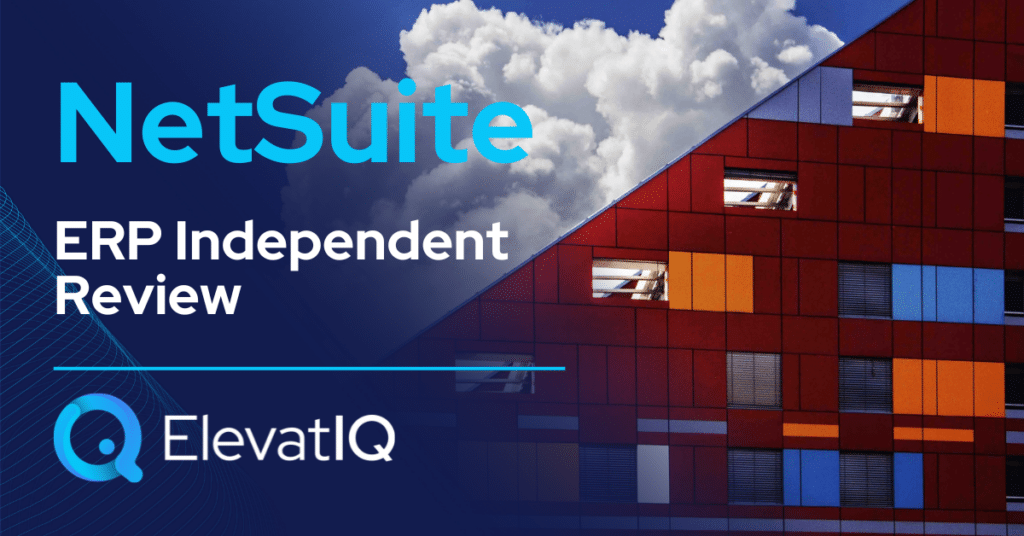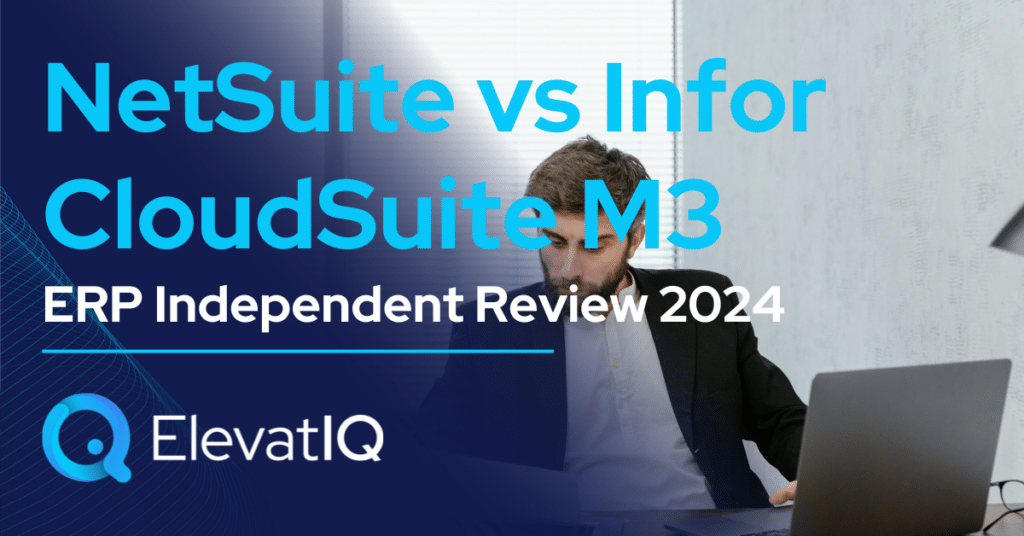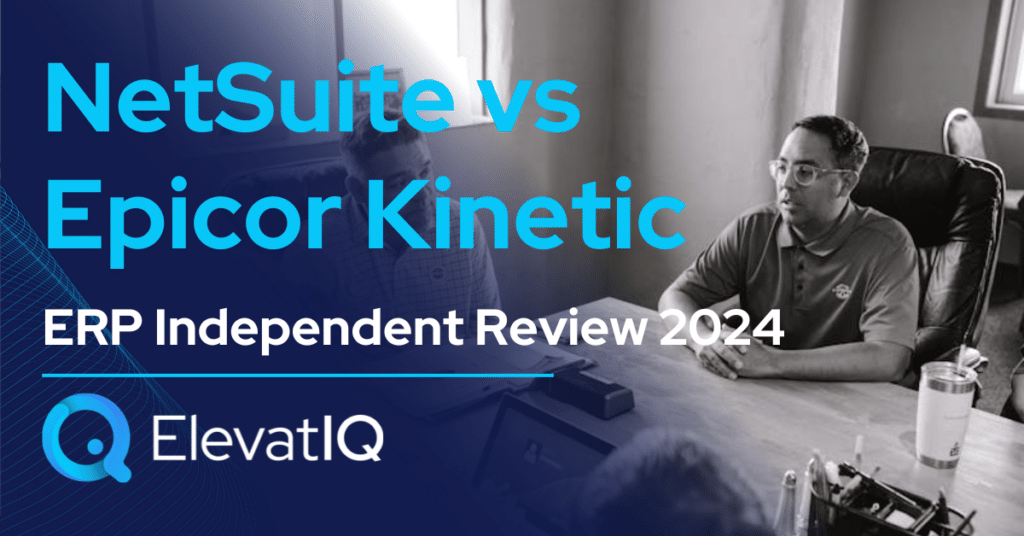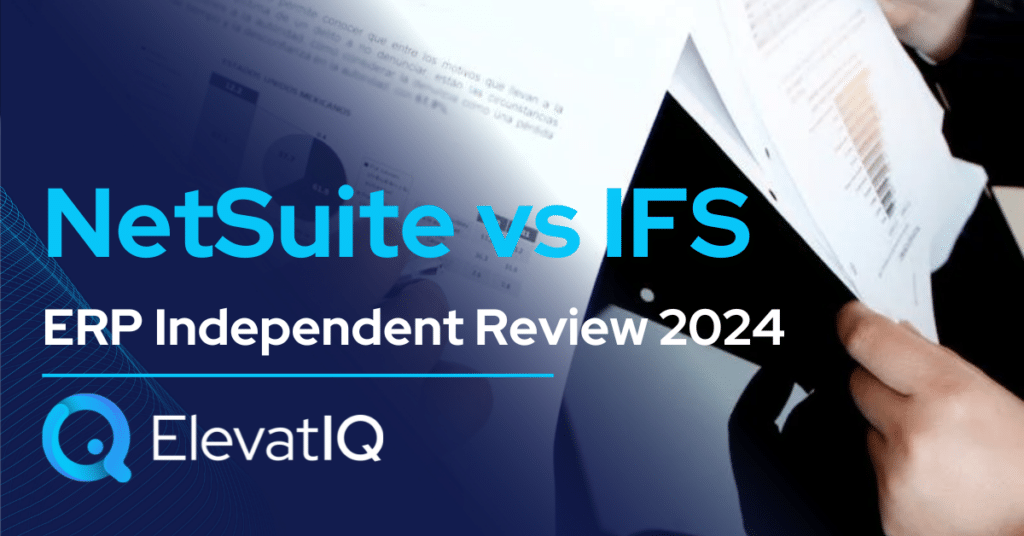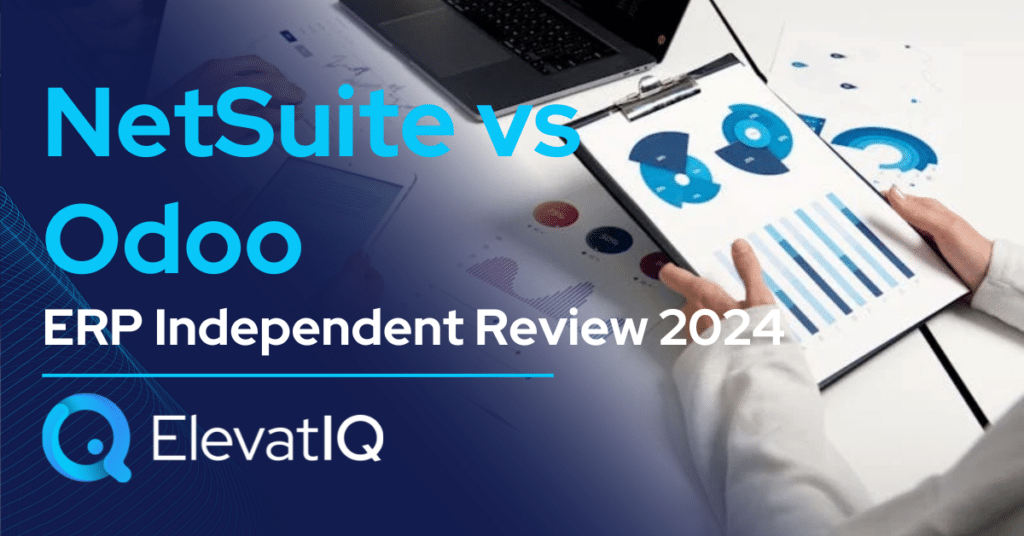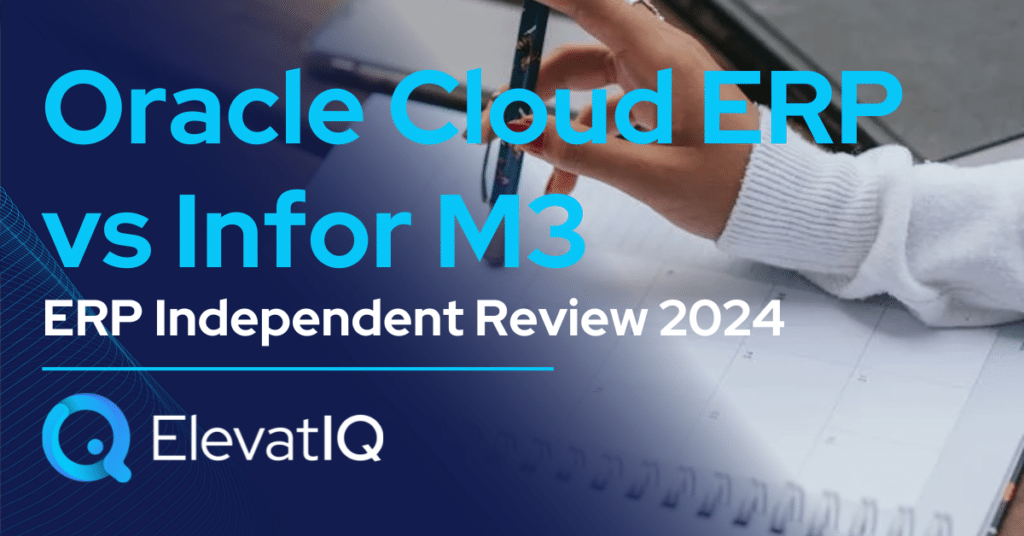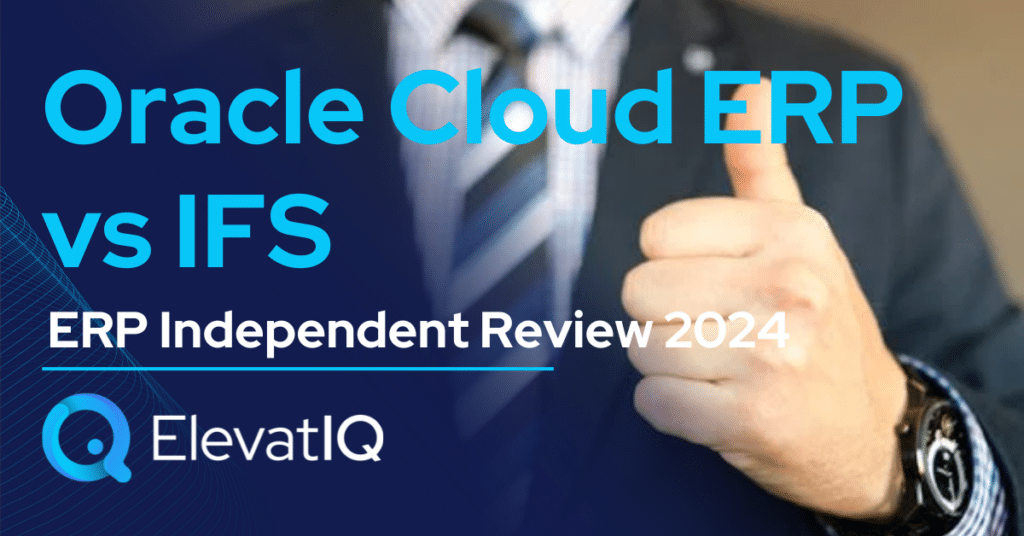Last Updated on March 17, 2025 by Sam Gupta
What Is NetSuite ERP? NetSuite ERP is a powerful cloud-based ERP solution that empowers small to mid-sized businesses looking for a diverse cloud-native option particularly relying on add-ons for deep operational capabilities. Offering core ERP capabilities relevant to many industries, NetSuite ERP especially caters to modules spanning financial management, distribution, CRM, and supply chain management.
With the data model being friendly it is uniquely strong for industries especially hospitality, retail, and commerce-centric industries. In comparison with other cloud-native solutions that might be either weaker in their deep operational or broader capabilities, NetSuite ERP provides the best of both worlds for diverse organizations seeking a scalable solution that could scale with their business model and global growth.
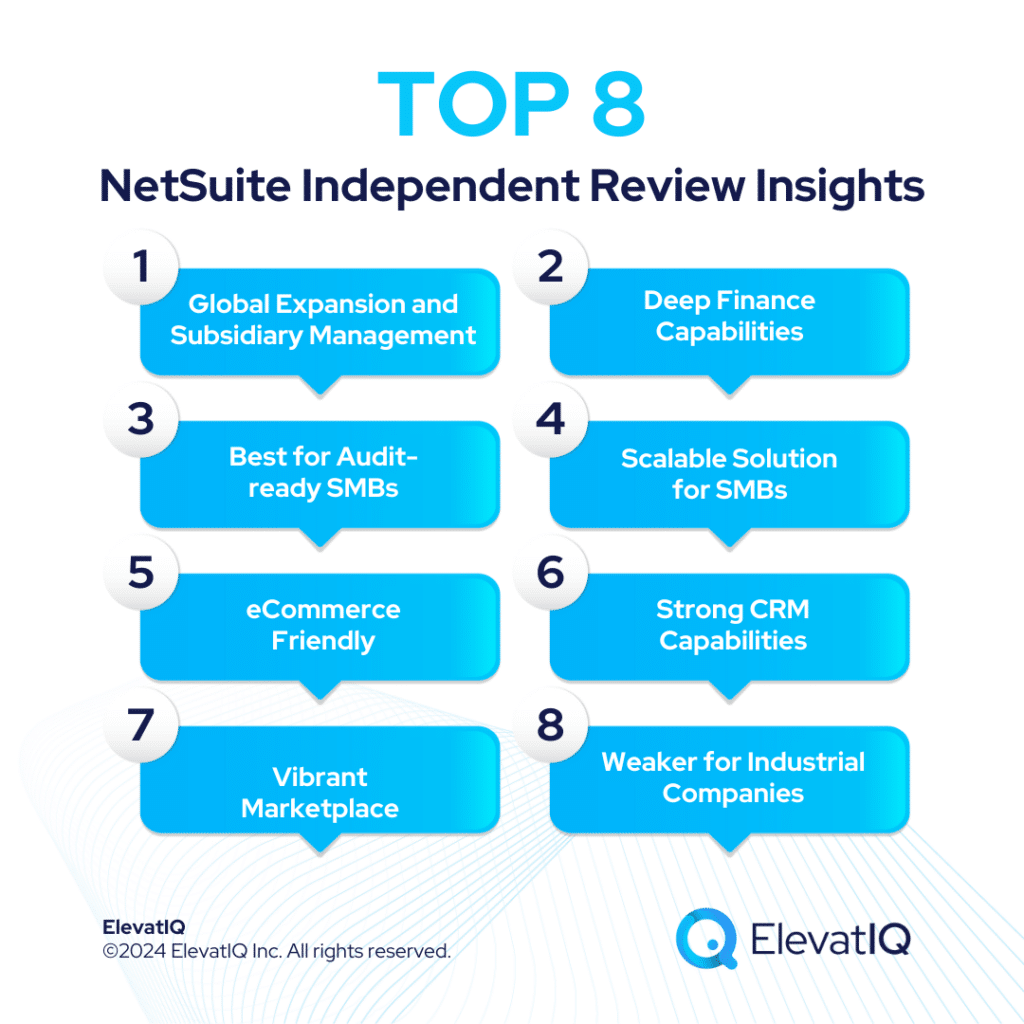

Key Review Insights
1. Global Expansion and Subsidiary Management
NetSuite ERP has a robust capability to handle operations across 200 subsidiaries. Thus, proves to be a testament to its prowess in global expansion. The platform provides centralized control, enabling businesses to efficiently manage operations in various countries or subsidiaries in one database. NetSuite’s multi-entity support ensures that businesses can manage diverse entities with distinct financial structures seamlessly. Companies with multiple subsidiaries find value in the centralized control offered by NetSuite ERP especially fostering efficiency in managing operations across borders.
2. Deep Finance Capabilities
NetSuite ERP solution incorporates vital functionalities, particularly record-to-report (R2R), procure-to-pay (P2P), order-to-cash (OTC), fixed asset management (FAM), and services resource planning (SRP). Thus, providing the basic ERP capabilities for most industries, which need to be augmented by the add-ons provided through third-party add-ons. R2R ensures accuracy in financial reporting, P2P optimizes procurement processes, OTC manages the entire sales cycle, FAM efficiently handles fixed assets, and SRP enhances service-oriented businesses.
3. Best for Audit-ready SMBs
Role access control is a pivotal aspect of NetSuite ERP, offering companies the ability to define and manage user roles for audit-ready SMBs. The audit layers might not be as intuitive as larger ERP systems that might provide visual transactional maps but NetSuite ERP provides enough details for SMBs with the log of changes with each business object for easier traceability.
4. Scalable Solution for SMBs
Due to its diversified support for most business models that could also be augmented through the marketplace, it might take a while before SMBs outgrow NetSuite. The solutions that target specific business models or processes struggle with businesses that might be growing faster or might be active with M&A cycles.
5. eCommerce Friendly
NetSuite ERP demonstrates suitability for retail companies, with the marketplace options prevalent with eCommerce-centric operations and data models aligned for these companies, especially when it comes to integration options with many different channels and omnichannel architecture. However, cautionary notes arise for medical device companies, where user experiences highlight potential limitations in meeting specific industry needs. Industry-specific recommendations emphasize the importance of considering NetSuite ERP based on the unique requirements of each business.
6. Strong CRM Capabilities
Businesses benefit from a seamless CRM integration, especially if they are not planning to use a third-party best-of-breed solution, for which the integration might be cost-prohibitive. The Netsuite CRM can support several advanced capabilities, such as territory planning sales comp for complex channels, capabilities commonly found in mature CRM systems.
7. Vibrant Marketplace
NetSuite ERP has perhaps the most vibrant marketplace across the ecosystems, especially friendly for their core industries. Most cloud-native ISVs, such as vendor collaboration, WMS, or TMS software that might not be available with other ERP ecosystems, are available with NetSuite. This is a huge plus for businesses with diversified business models or companies that might have expectations to diversify in the near future as part of their growth.
8. Weaker for Industrial Companies
NetSuite’s manufacturing functionality comes under scrutiny, with user feedback expressing concerns about perceived depth. User concerns have shed light on potential limitations, prompting considerations for businesses with manufacturing needs. Businesses with manufacturing requirements need to carefully evaluate NetSuite ERP’s capabilities to ensure they align with the depth and complexity demanded by their operations.
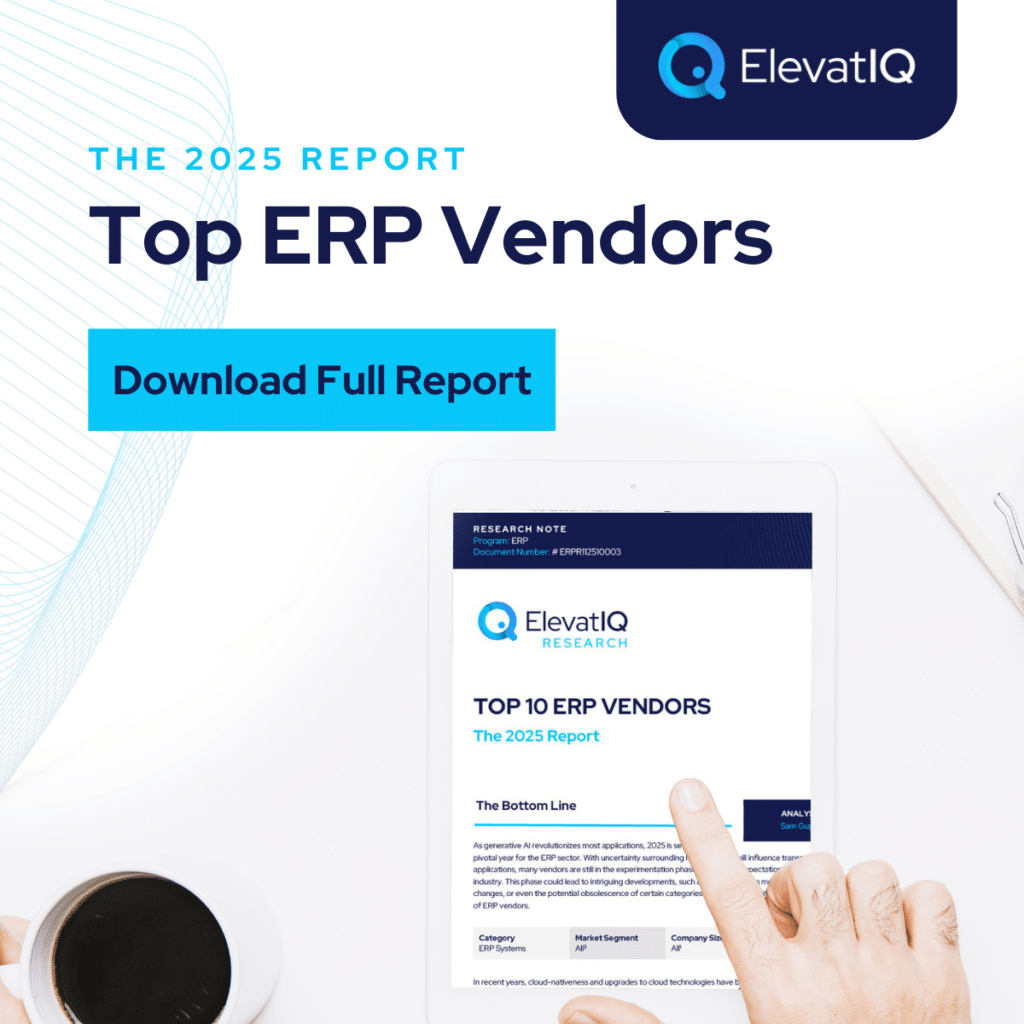
Key Features of NetSuite ERP
- Sales Order Management: It efficiently manages sales order types of different business models. It is also integrated with finance and fulfillment for end-to-end traceability.
- Sourcing and Procurement: It has a centralized supply portal that ensures compliance in the purchasing process. It also includes forecasting abilities that can recalculate predictions based on actual fluctuations.
- Warehouse Management: It streamlines warehouse operations, decreasing overhead and cycle times. This feature also enhances on-time delivery rates, improving customer retention and boosting revenue.
- Production Management: This feature has basic production management capabilities, ideal for assembly-centric operations. It can be augmented by more mature solutions through third-party add-ons for richer industrial capabilities.
- Accounting: It has comprehensive accounting features, covering invoicing, forecasting, and aiding in tax calculations based on factors like location and revenue.
Pros and Cons of NetSuite ERP
| Pros | Cons |
| 1. Ideal for SMBs operating in many countries. | 1. Not fit for companies operating only in a few countries. Also, those looking for deeper operational capabilities provided as part of the suite and owned by OEM. |
| 2. Cloud-native technology provides richer cloud capabilities, such as enterprise search and mobile capabilities, that might be weaker than other solutions. | 2. Not the best fit for companies for which operational capabilities might be a bigger critical success factor than cloud-native features. |
| 3. Ideal for publicly traded and audit-ready companies because of the built-in SOX compliance capabilities. | 3. Not ideal for startups with simpler operating models. They might find audit-centric and deep financial capabilities over-bloated. |
| 4. Ideal for service-centric SMBs because of the integrated PSA, HCM processes, and subscription billing. | 4. Not fit for industrial companies looking for deep operational capabilities built as part of the core solution. |
| 5. Ideal for eCommerce-centric SMBs because the pre-integrated add-ons and data models are friendlier for these industries. | 5. Not fit for companies deep into B2B workflows because the pricing, discounting, and product models are not scalable. |
| 6. Ideal for holding and private equity companies looking to host diverse business models on one solution. | 6. Not fit for companies without expected changes in the business model in the near future. |
| 7. Ideal for companies looking for talent available in most countries. | 7. The experience with support might vary depending on the vendors involved with the engagement. |
| 8. Ideal for companies looking to find best-of-breed tools and can’t replace edge solutions mandated by the OEM. | 8. Not fit for companies seeking OEM-owned integration with core operational systems such as CAD or PLM. |
Conclusion
In summary, NetSuite ERP stands as a robust and versatile cloud-based ERP solution. It provides businesses with the automation and centralization needed for efficient operations. Offering a comprehensive suite of functionalities, from financial management to distribution and CRM, NetSuite ERP proves flexible and adaptable.
However, careful consideration is crucial, particularly for businesses with complex operational needs. NetSuite’s strengths in global expansion, core functionalities, CRM capabilities, third-party integrations and add-ons make it an excellent choice for SMB businesses. Especially in the retail, hospitality, and service-centric industries. Yet, users must navigate potential pitfalls, such as limited operational capabilities, reliance on third-party add-ons, and challenges for smaller implementations. In evaluating NetSuite ERP, understanding its key features, pros, and cons becomes imperative. This ensures alignment with the unique operational requirements of each business. This NetSuite ERP independent review intends to provide you with unbiased insights for further discussion with your independent ERP consultants.



